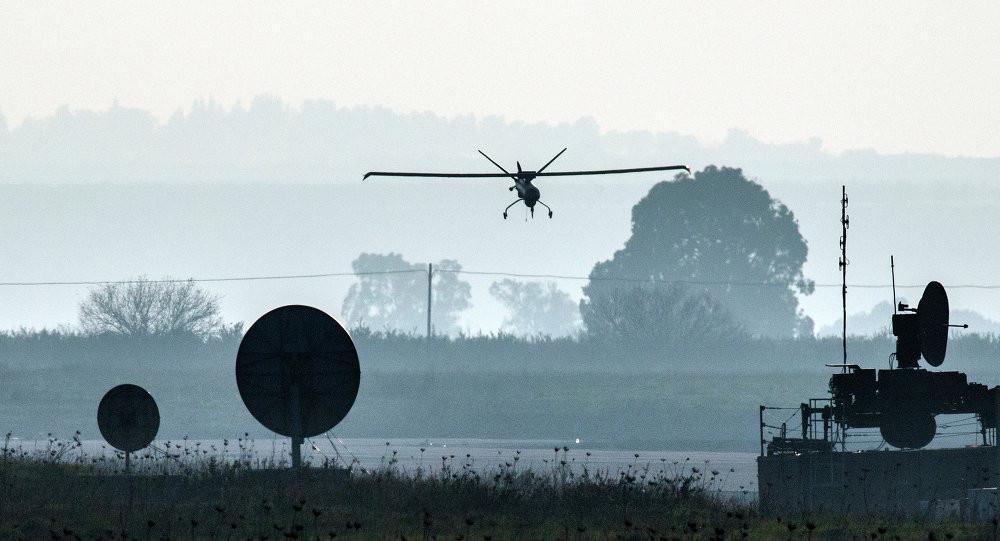
Israel on April 14 closed its airspace over the disputed Golan Heights in the wake of U.S.-led airstrikes on Syria, according to Israeli media.
Airline companies were told that they would not be allowed to fly in the area at altitude over 5,000 feet, the Israeli daily Yedioth Ahronoth reported.
According to the newspaper, the airspace over the Golan Heights will remain closed until the end of the month.
On the same day, the U.S., France and Britain launched airstrikes against the Syrian regime’s reported chemical weapons sites in the wake of a suspected chemical attack that killed dozens outside the capital Damascus.
Israeli military sources told Radio Israel that Tel Aviv did not take part in the U.S.-led attacks.
The joint strikes came after rescue teams and aid workers said the Bashar al-Assad regime carried out the chemical weapons attack that killed 78 civilians and injured hundreds.
Israel is in control of swathes of the Golan Heights that it seized in the Six-Day War of 1967 and later annexed in a move never recognized by the international community.
Netanyahu warns of Iran's presence in Syria
Israeli Prime Minister Benjamin Netanyahu warned on April 15 over Iran’s presence in Syria after Western strikes in response to the alleged use of chemical weapons and a recent attack attributed to Israel.
Netanyahu also called on Western powers to take the same approach toward preventing "terrorist states" from acquiring nuclear weapons, referring to Israel’s main enemy Iran.
The premier said he spoke with British Prime Minister Theresa May late on April 14 following the joint strikes by the United States, France and Britain in neighboring Syria.
The narrowly targeted pre-dawn military operation on April 14 took aim at three alleged chemical weapons facilities. Netanyahu had previously expressed his "total support" for the strikes.
"The important international message that came from the attack was zero tolerance for the use of non-conventional weapons," Netanyahu said at the start of a cabinet meeting, describing his discussion with May.
"I added that this policy needs to also be expressed in preventing terrorist states and groups from having nuclear abilities."
Netanyahu also again warned over Iran’s presence in Syria after previously pledging not to allow the country to entrench itself militarily next door.
On April 9, seven Iranian personnel were among 14 people killed in an early-morning strike on the T-4 airbase in Syria, with regime allies Iran and Russia blaming Israel for the attack.
Israel has neither confirmed nor denied responsibility.
Netanyahu said he told May that Syrian President Bashar al-Assad "must understand that when he allows Iran and its proxies to establish a military presence in his country, he endangers Syria as well as the stability of the region".
Also on April 15, two Israeli ministers said their country would continue to act to prevent Iran from establishing itself militarily in Syria.
Israel has sought to avoid direct involvement in Syria’s civil war, but acknowledges carrying out dozens of air strikes there to stop what it says are advanced arms deliveries to Lebanese Shiite group Hezbollah, another of its enemies.
Hezbollah, like Iran and Russia, is backing Assad in the war.